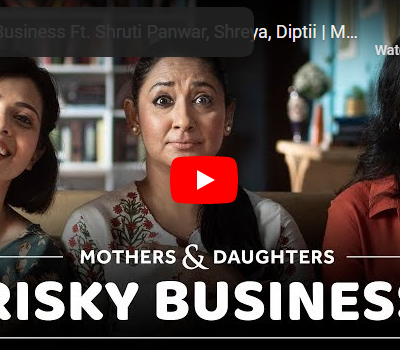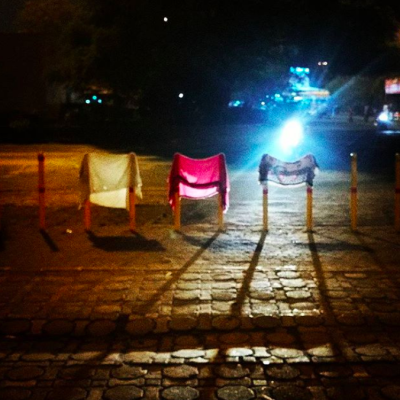Anthology Issue Jan 2024
In a society where the very pursuit of erotic pleasure is often stigmatised, when sexual desires are often seen through the narrow lenses of penetrative sex and as means for reproduction, it is considered radical for an older woman who is already the mother of adult children to seek pleasure.
But self-care is not a clean and happy procedure, it is not definitively achievable when systematically explored. To understand the scope of self-care we need to see the ‘dark side’ of the landscape, and destroy the versions of self-care that denounce our plurality. In this fight, the only outcome can be a recognition of experiences beyond the wellness narrative structured around the neoliberal agenda. This article is an attempt at foregrounding some aspects of self-care that decentralise the prevalent commodification of it.
In this month’s issue of Play and Sexuality, Wesley D’Souza recounts the time his school put up a production of The Pied Piper of Hamelin, his preparations for its audition, and how the process was intertwined with an exploration and acceptance of his sexuality.
To claim the public then in arbitrary, messy and oppositional ways, whether on the streets or online is to challenge the neoliberal impulse which is located in the creation of order. To create place, to stake claim, thwarts the desires for the sanitised neoliberal city and is a politics.
People in the city move from their homes to their workplaces and back to their homes. The production of this everyday rhythm of the city makes people accustomed to the sexual overtones that come with it.
I gave myself the freedom to choose. And I chose to re-examine my assumptions. Maybe it was possible to ask strange men for directions without being afraid of seeming vulnerable. Maybe I could plan my outfit without bothering about the fact that I would be travelling on public transport.
Funnily enough, porn played a massive role in helping me articulate my queerness (I am pansexual) and my even queerer desires.
With the shifting nature of perceptions around fandom, the discourse around Rainbow Rowell’s Fangirl has witnessed an interesting shift. While earlier, the book found almost unanimous acceptance, in recent times, it has completely faded into irrelevance.
Of course, I knew I wasn’t the only person in the world writing about Sherlock Holmes. I, however, thought I was the only one in the world writing about them like that. You know.
Romantically.
I was not simply stuck within the binaries of “same-sex” or “opposite sex,” assuming that any reference to “same-sex” is in itself already revolutionary. But the call to recognise friendship, is a call to recognise so many forms of community that are made invisible by the emphasis within a liberal or conservative framework on “marriage” as the only path to family making.
Sadhana Vohra is a psychotherapist in private practice in New Delhi, India. She divides her time between long hours at…
In a world increasingly riven by suspicion, hatred and destruction, it feels awkward to say “Happy New Year!” But then,…












